Abhijit V Banerjee, who received the Nobel Prize for Economics in 2019, has written a delightful cookbook titled Cooking to Save Your Life.
This juxtaposition of scholarly attainment and culinary expertise might come as a shock to many Indian readers who are used to seeing men outsource the task of cooking to wives, mothers, and domestic workers. Hopefully, this book will encourage more men to seek fulfilment in cooking and feeding.
Illustrated by Cheyenne Olivier and published by Juggernaut, this book is for people who want to rustle up “meals that look fancy and taste delicious but come together easily.” He is aware that some of the ingredients are quite expensive, and therefore inaccessible to many people reading the book. He, therefore, offers alternatives and substitutes whenever possible.
As Banerjee mentions in the introductory chapter, this book does not pretend to guide the reader in the direction of healthy eating choices. Its objective is “to make delicious food with ease and confidence, to help liberate your inner gourmet cook from the weight of many cooking projects gone wrong.” He has divided the book into sections such as hors d’oeuvres, soups, salads, vegetables, fish and eggs, meat, pasta, rice, desserts, and odds and ends.
Banerjee is currently an economics professor at the Massachusetts Institute of Technology, and a co-founder of the Abdul Latif Jameel Poverty Action Lab [J-PAL]. When he spoke at the recently concluded Jaipur Literature Festival, hordes of people gathered to hear what the social scientist had to say about his love of cooking. The book’s illustrator also joined him.
We met him at the festival for a five-minute interview between his various commitments.
You became a Nobel Laureate in 2019. What kind of power or influence has the Nobel Prize for Economics given you in terms of making a difference to the world?
I am not sure if I have more power because of the Nobel Prize but it is true that many people now give me opportunities to speak. They still make their own decisions but I think that they listen more carefully now when I drop a fact in a conversation. It troubles them or provokes them to rethink. Rather than power, what I have now is a seat at the table.
What has the COVID-19 pandemic revealed about the food security situation in India?
The pandemic revealed that our welfare system was designed for a world that has long vanished. It was designed for a time when everybody lived in their own domicile. We still do not know how many migrants we have.
We should know that, and design a welfare system that is much more portable. This idea will be implemented at some level because the government has now understood the need for it. Until we were struck by the pandemic, we did not realise the magnitude of the problem we have when it comes to food security.
Cooking to Save Your Life is your second book with Chiki Sarkar, publisher at Juggernaut Books. The first one was Good Economics for Hard Times****, which you co-authored with your fellow researcher and wife Esther Duflo. How was the experience of working with Sarkar? How different were the two books in terms of the writing process?
Both books were wonderful to work on. Chiki is excellent to work with. She is enthusiastic, she is smart, she is perceptive. To be honest, if I had to write a book on anything, I would get her advice even if she refuses to publish it. She is really extraordinary.
What do you like to eat when you are working on a book? Does the act of cooking inspire you to write, especially when you are stuck with a difficult section?
I eat all the time, to be frank. I eat just about everything. I love nuts, dried fruit, fruits. I eat enormous quantities of these. As I say in the book, I like high-quality ingredients.
Do you think that food and culinary heritage could, in some way, help build bridges between the people of West Bengal and the people of Bangladesh?
There isn’t much for me to do in this regard. The bridges are already there. It is unfortunate that there are still many divides but I do believe that the connections are robust.
In India, you are often seen as being close to West Bengal Chief Minister Mamata Banerjee. Would you agree, or would you like to change that perception?
Am I close to her? Not particularly. I am close to whoever asks for my help. She asked. In some sense, with J-PAL, we are close to many governments. My wife is very close to the Tamil Nadu government because she is on the economic advisory council. It is our view that we should work with any government that asks for our help. We are not explicitly political. I am indeed close to the West Bengal government in the sense that they asked for my help during the COVID-19 pandemic but we also work with the Haryana government, the Gujarat government, the Tamil Nadu government, and the Delhi government. The point is to be useful wherever we can with the skills and the expertise that we have built over time.
Chintan Girish Modi is a freelance writer, journalist, commentator, and book reviewer.
Read all the Latest News, Trending News, Cricket News, Bollywood News, India News and Entertainment News here. Follow us on Facebook, Twitter and Instagram.


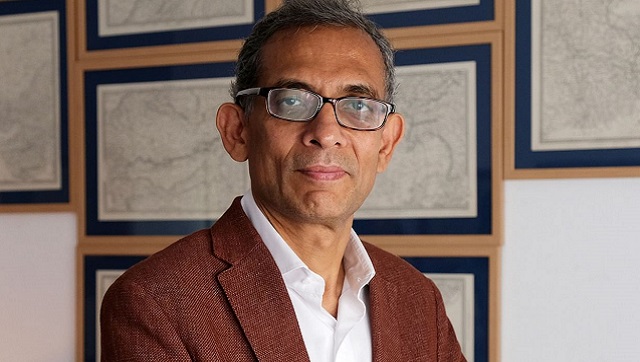)
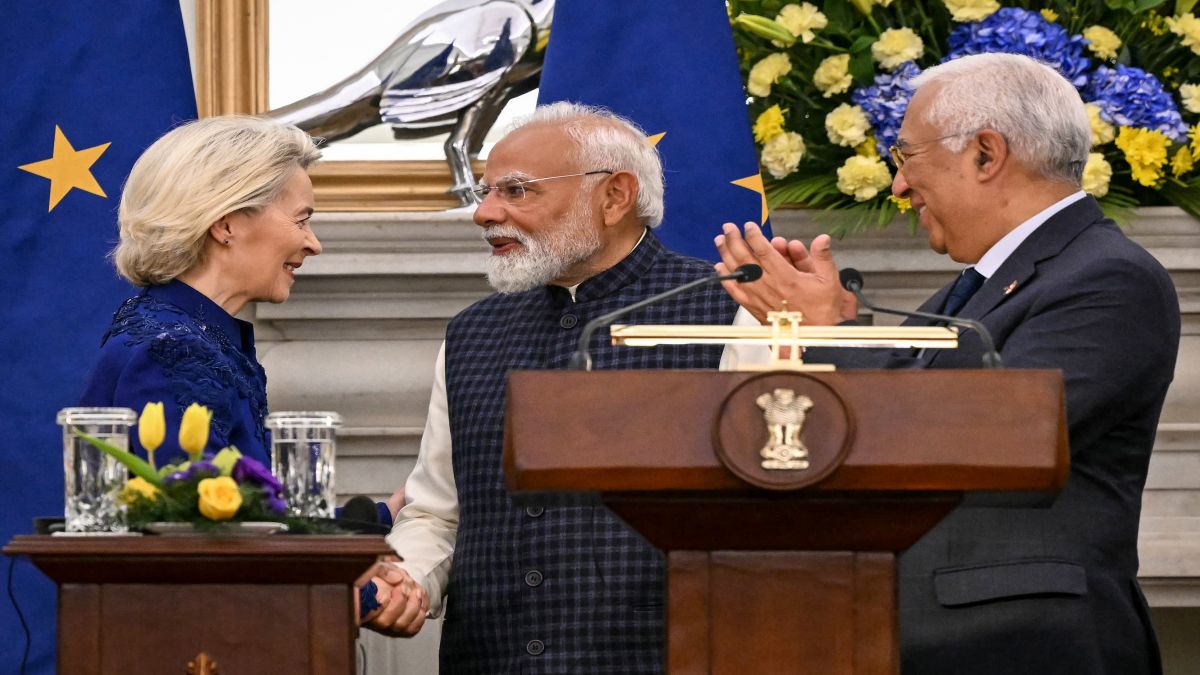)
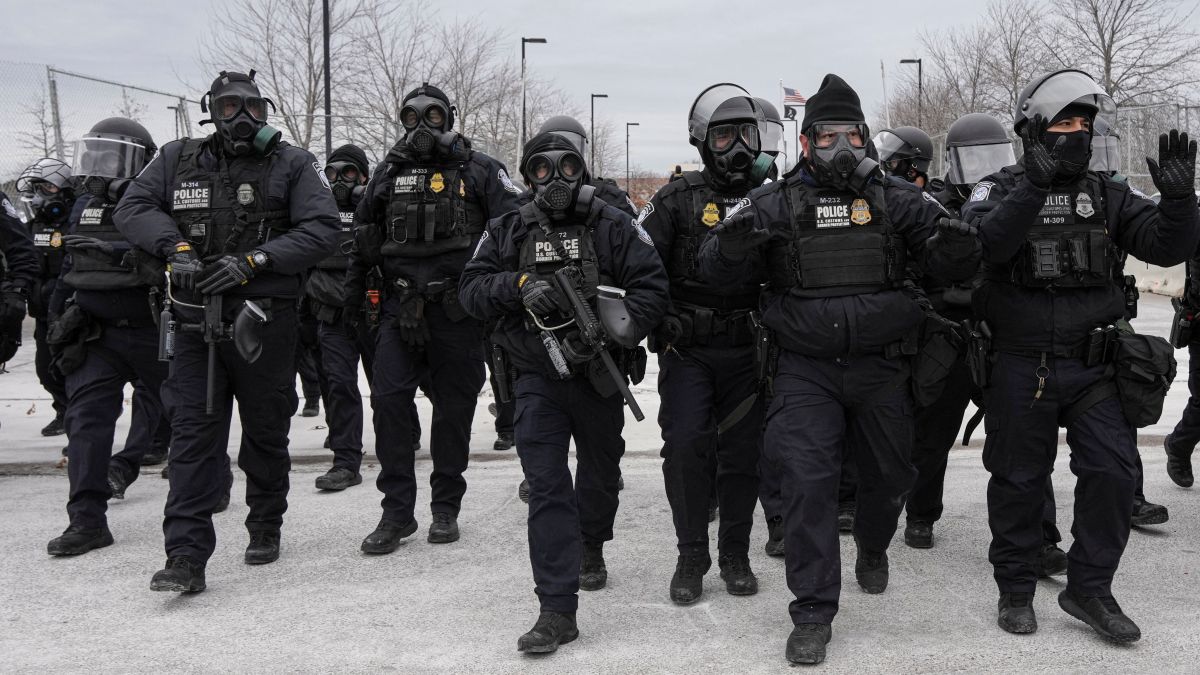)
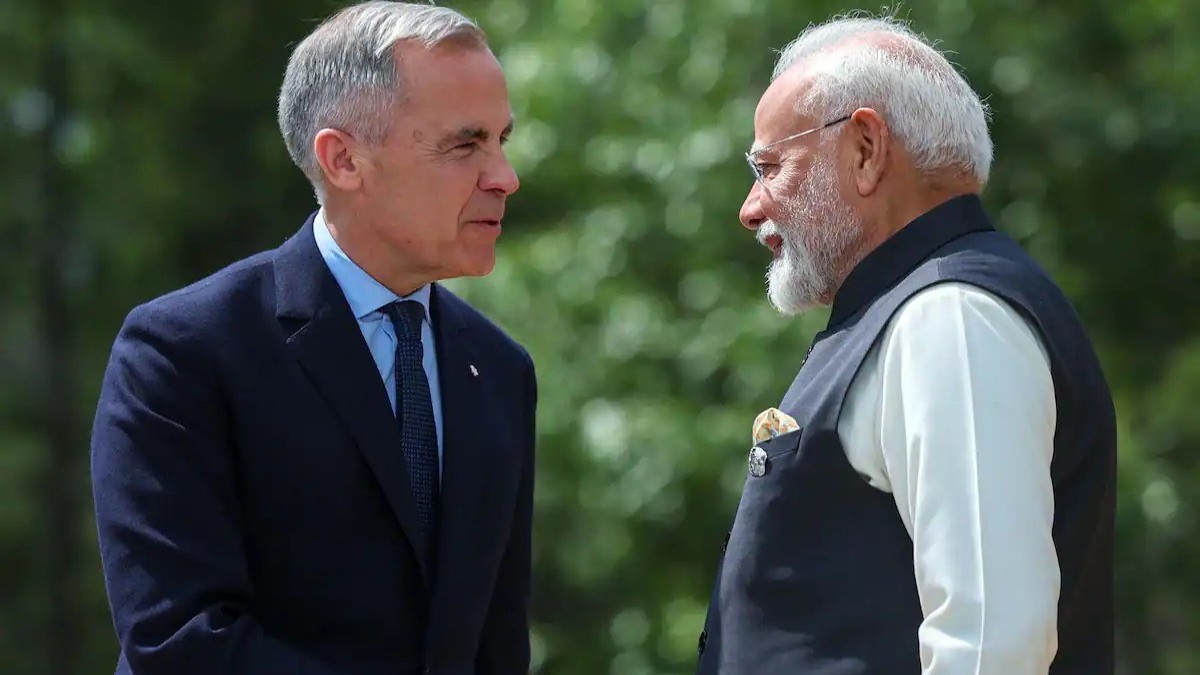)
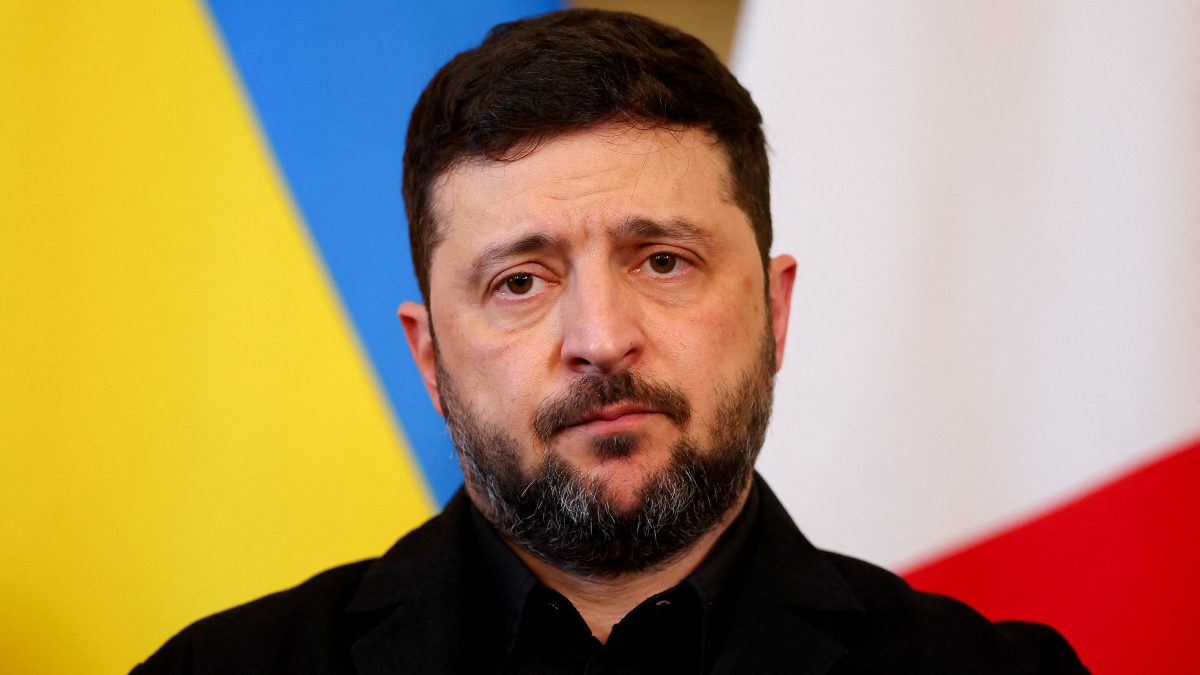)
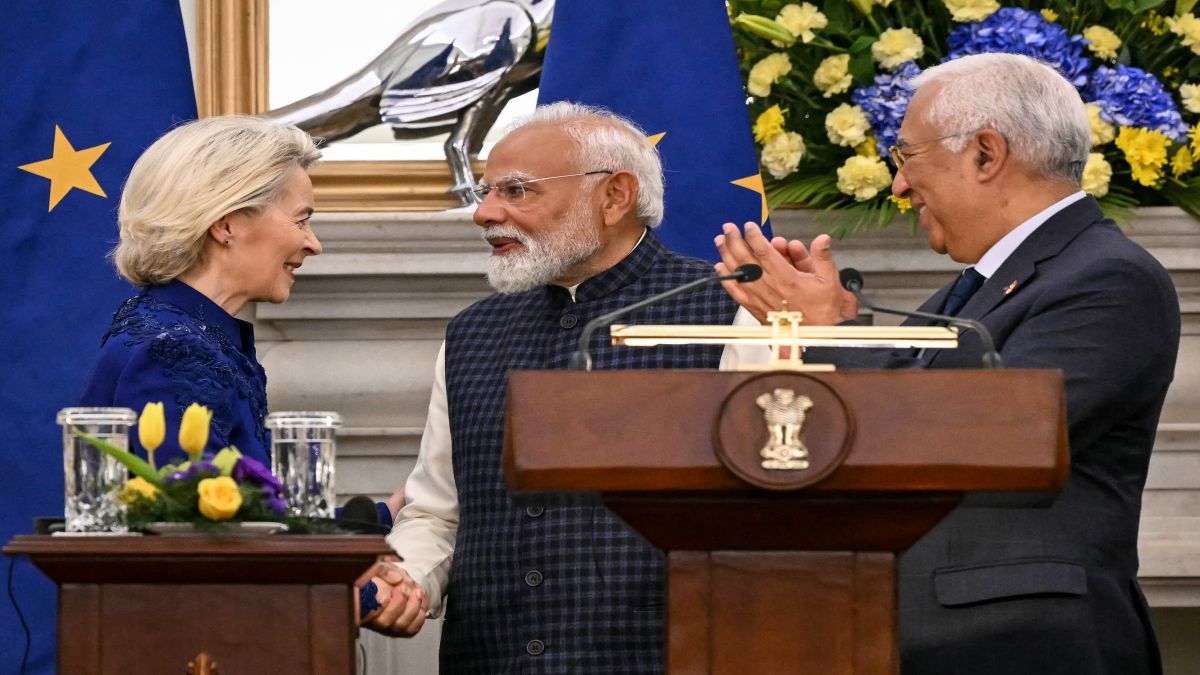)
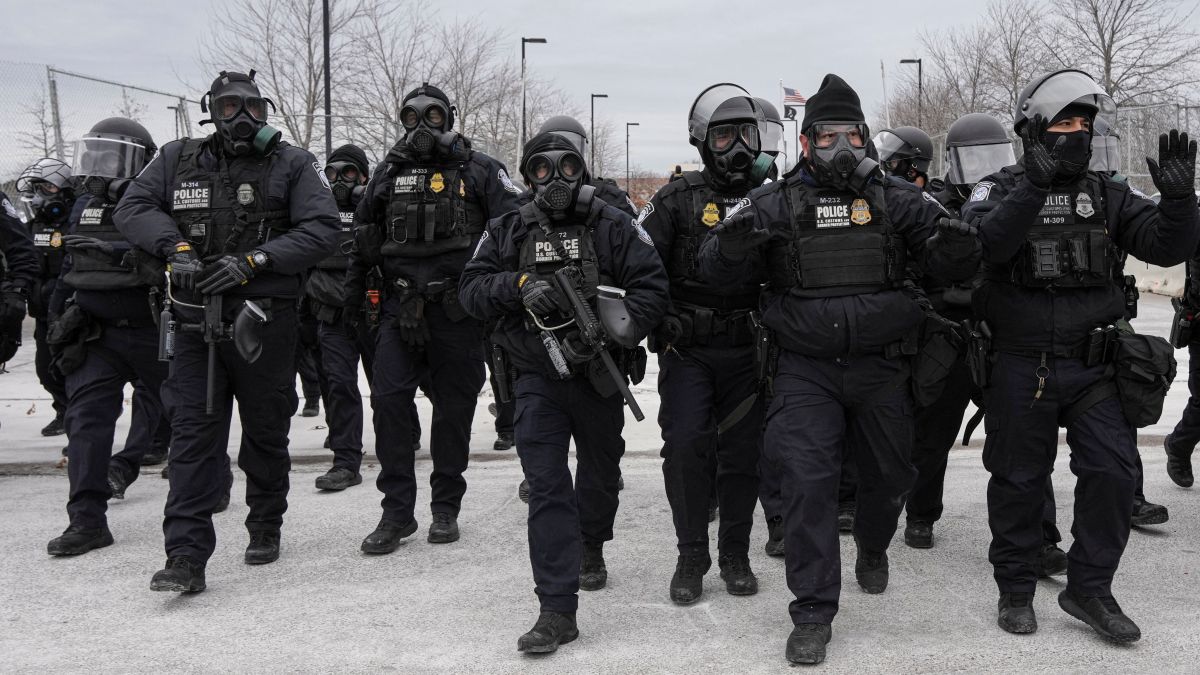)
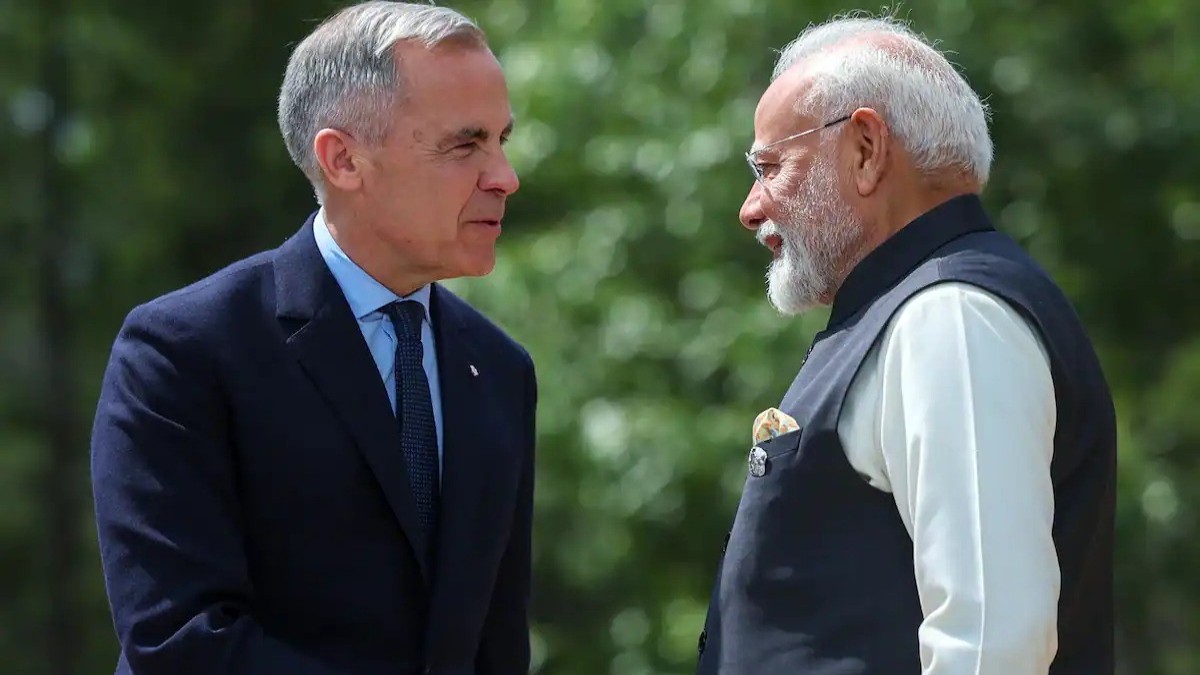)
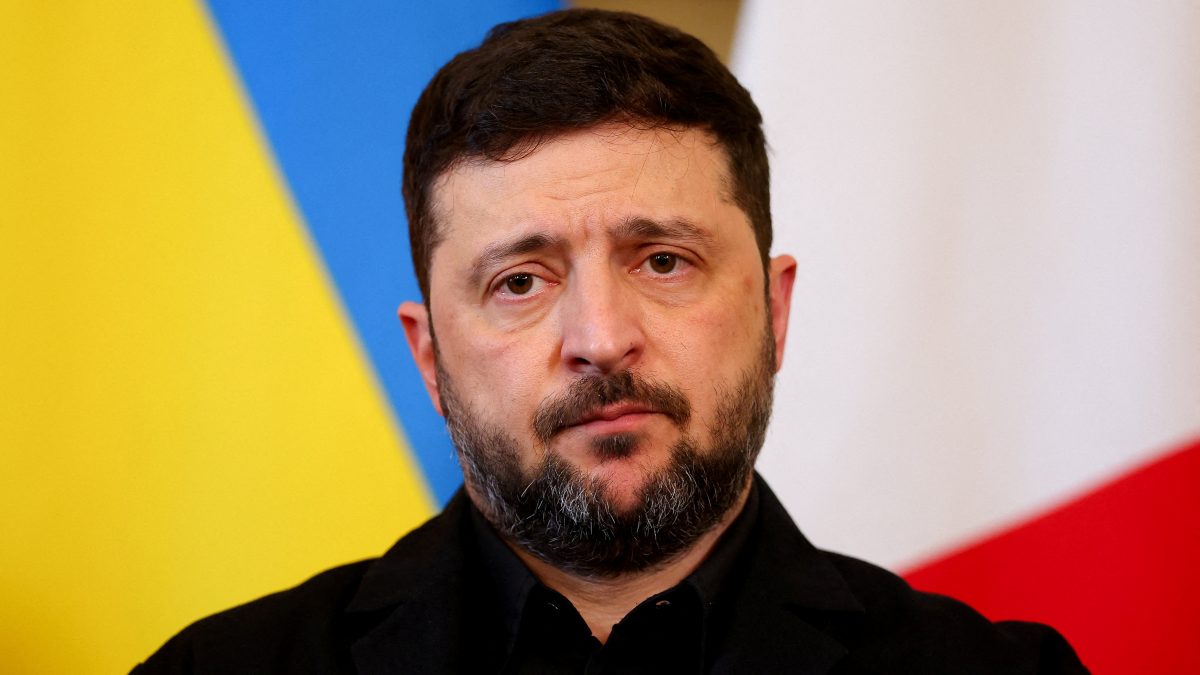)



